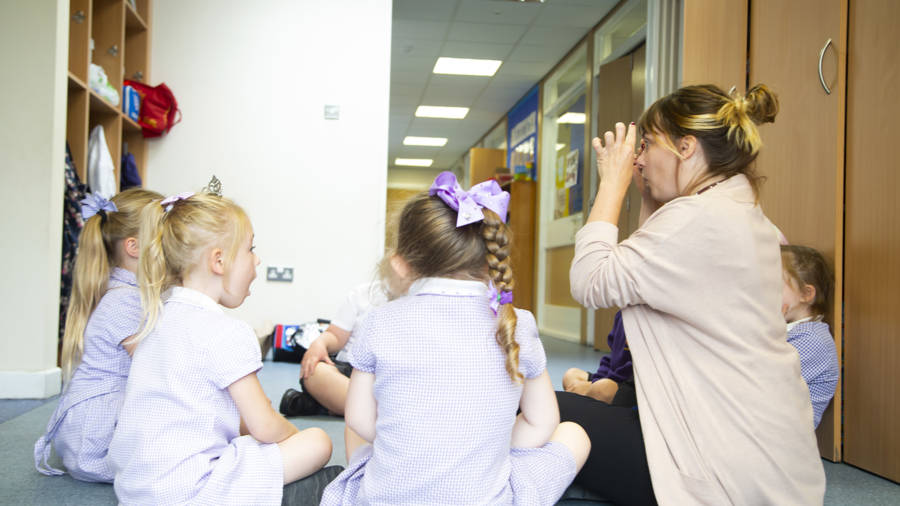Disability and illness
The Equality Act 2010 defines disability as ‘…a physical or mental impairment which has a long-term and substantial adverse effect on their ability to carry out normal day-to-day activities’.

Children and young people with significant mental health needs may fall within the definition of disability. In addition, children who have learning disabilities have a much greater chance of developing mental health needs, if the appropriate support is not put into place.
Having a disability might also place limits on learning and restrict what children and young people can do and how much they can join in activities. Sometimes, those with disabilities are seen as different by their classmates, and this can increase feelings of isolation and lead to exclusion from groups and friendships.
In this definition, ‘long term’ is defined as ‘a year or more’ and ‘substantial’ is defined as ‘more than minor or trivial’. Disability incorporates a wide range of conditions, including mental health needs, learning disabilities, sensory conditions, physical disabilities such as hearing and visual difficulties, and long-term illnesses.
However, it is important to remember that children who have a range of disabilities can cope well with life and there will be individual differences in their level of need, support and experiences.


 Author
Author